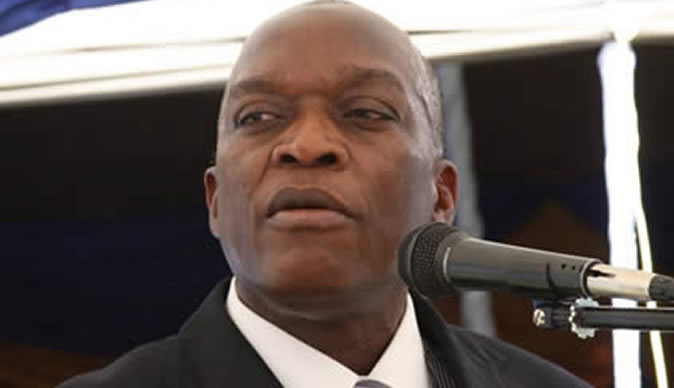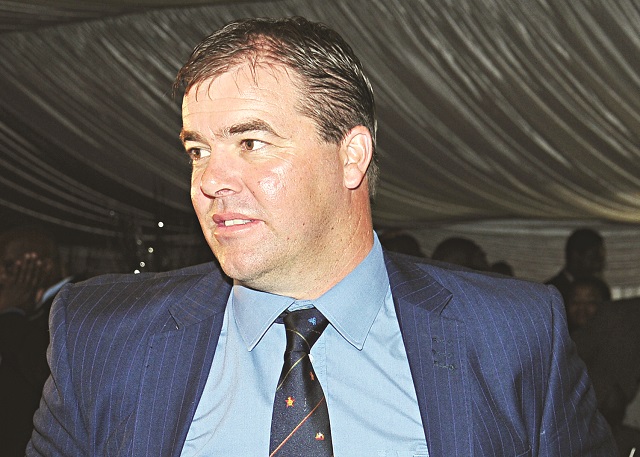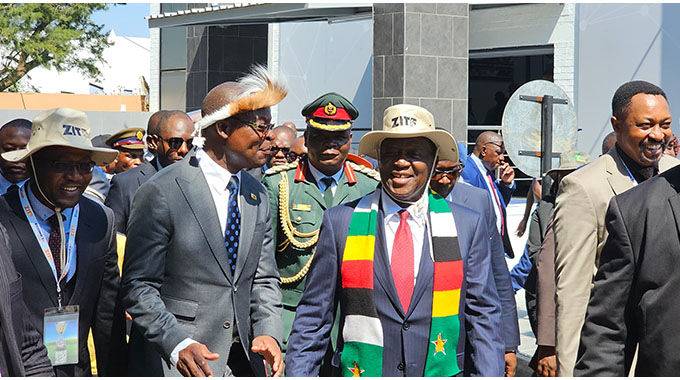Agribank offers agric loans on 99-year leases

Africa Moyo, Harare Bureau
AGRIBANK has set aside a minimum of $105 million for the 2018/2019 cropping season, which would be extended to farmers on the basis of collateral and 99-year leases.
It becomes the first bank to announce that farmers with 99-year leases would get funding.
This follows the pronouncement in February by Reserve Bank of Zimbabwe Governor Dr John Mangudya that bankers have agreed to accept 99-year leases as collateral after Government tweaked them to be transferable and bankable.
Previously, banks were rejecting leases claiming they were not transferable in the event that a farmer borrowed money and failed to repay.
Agribank chief executive officer Mr Sam Malaba said the bank wass restructuring itself in order to better serve and increase lending into agriculture.
Part of the strategy that is expected to drive the bank’s thrust in agriculture includes “direct lending to farmers using farmers’ collateral and 99 year lease.”
“This mainly applies to A2 farmers,” said Mr Malaba.
The bank is also considering strategic partnerships with corporates such as the Tobacco Industry and Marketing Board (TIMB), the Tobacco Research Board (TRB), Best Fruit Processors as well as the oil seeds subsector.
The organisations would on-lend to smallholder farmers who ordinarily will not have collateral.
Mr Malaba said Agribank was targeting to increase support for the tobacco sub-sector to $42 million, including $28 million for TIMB on an agency basis.
The $28 million TIMB facility targets 17 500 hectares of tobacco and 18 000 smallholder farmers.
The facility capacitates the farmers with inputs, seeds and fertilisers, motorbikes and technical services.
Mr Malaba said since the bank was now making profits — $4,8 million in 2016 and $7,9 million last year — it had become increasingly important to focus on its mandate of financing agriculture and ensure food security in the country.
President Mnangagwa announced in his inauguration speech that agriculture and foreign direct investment would be central in turning around the economy.










Comments